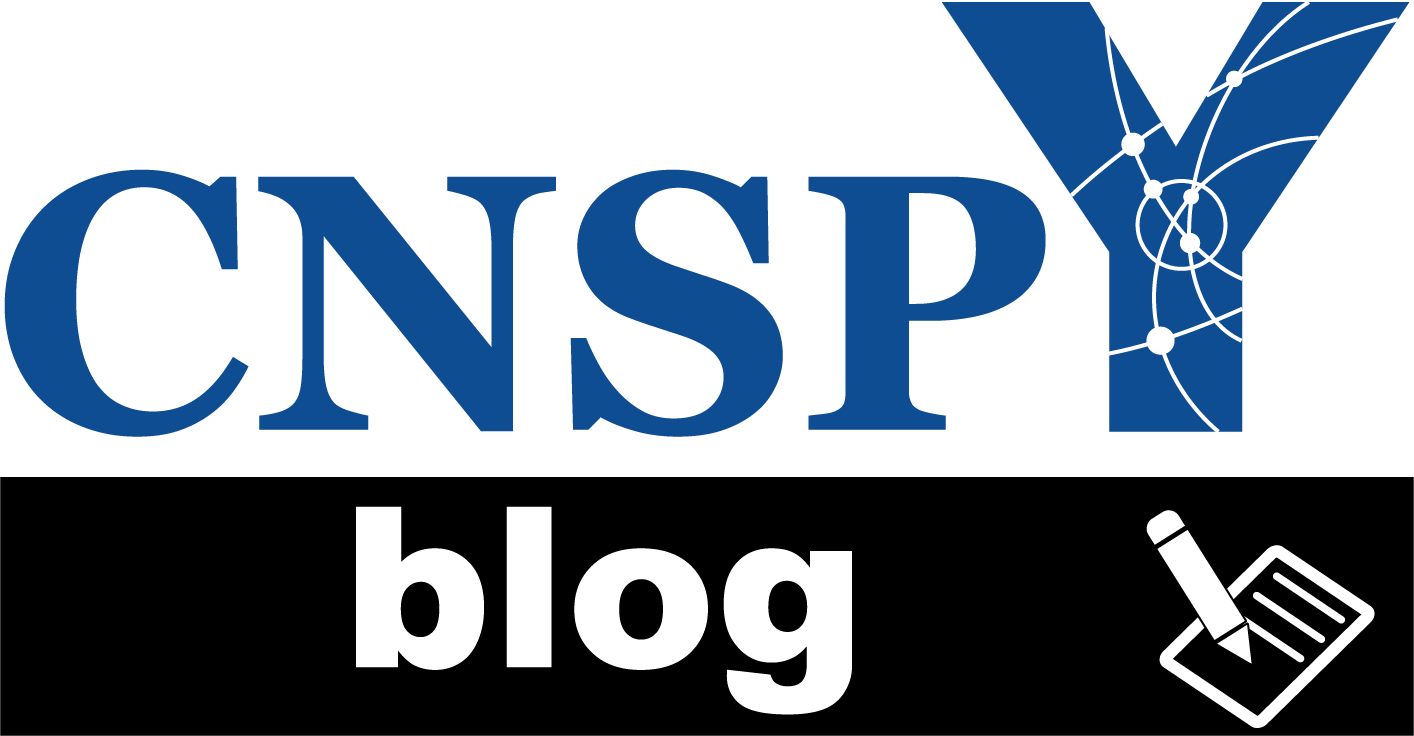In any interview, you should ask as many questions as the interviewer.
Why? Because it’s easier to highlight your strengths when you ASK questions as opposed to when you ANSWER questions.
So what types of questions should you ask?
Obviously, ask about the company, ask about how a typical day goes, ask about the hierarchy within the firm, ask about any policies for which you’d like some clarification (i.e. business hours, weekend work, working from home, vacation time, maternity leave, sick policies, etc.), ask about anything that you’d want to know BEFORE you start the job.
Additionally, ask questions that highlight that you’re the perfect candidate for the position. The questions listed above are informational. You have a specific question that warrants a specific answer. These are fact-checking questions, which are useful to you as you weigh your options for employment, but you also need to ask open-ended questions that highlight your insight because it’s the “intangibles” that will make your future boss think more highly of you than the next candidate.
“Intangibles” are the things that aren’t measureable. For example, if it’s between you and another PhD-trained individual, you are both ‘equal’ in terms of quantifiable education. And perhaps you both have a Nature publication and 3 other publications… these are also quantifiable and, again, you two are ‘equal’ by these measurements. But let’s say that during the interview, one of you provides a very insightful vision for the future while the other doesn’t, and instead of demonstrating any innovation or motivation, they just express a desire to follow orders. Who do you think the boss will choose?? Probably the candidate with the insightful plan for re-envisioning the department – this is one of those “intangible” qualities that can’t be objectively measured, and most certainly wouldn’t be listed on a resume.
It’s these intangible skills that the interview is designed to identify, and the best way to highlight your intangibles is to ask insightful questions instead of waiting to give an insightful response to question. So be proactive! Ask those insightful questions!
So now you’re probably wondering what qualifies as an insightful question…
Well, Dave Kerpen, a recognized INfluencer on LinkedIN, asked several CEOs of major companies what questions they secretly wish their interviewees would ask during their interviews, and here are the Top 10 questions they’re dying to hear you ask of them.
1) How do you see this position evolving in 3-5 years?
This question demonstrates a desire for career growth as well as a desire to select the best of the best in terms of job opportunities to help them develop their skills and their career. It shows that they are not desperate or willing to settle for just any position, and if a candidate isn’t the type to “settle,” then the company wants them! Why? Because they will likely demand the highest quality work when they’re employed and they won’t settle for a mediocre or ‘Ok’ deal on the company’s behalf. Instead, they will always be looking for the best option that will lead to the best long-term outcome. This is a highly desirable trait for a job candidate!
2) What new skills can I hope to learn here?
This question also points to career growth and development, but more importantly, it highlights that the candidate acknowledges that they don’t know everything. It shows humility and a willingness to learn and grow for the betterment of themselves and the company. Finally, it demonstrates a realization that workplace skills – not just knowledge and qualifications – are equally important for the job at hand.
3) What can I help to clarify that would make hiring me an easy decision?
This question accomplishes three things: 1) As we mentioned in last week’s post, those who ask for the job (in indirect ways, not in a desperate or begging way!), usually receive offer letters over those who don’t. This question is a great way to convey the “I want the job” message without overtly begging for it. 2) It shows that you are confident in yourself and in your background such that you can explain away any discrepancies or put their minds at ease if something is bothering them about your resume. In a way, opening up this discussion makes you a bit vulnerable, but the willingness to acknowledge any faults you may have demonstrates that you are open and forth-coming, that you’re not trying to hide anything, and that you’re willing to improve those deficits in the future. And 3) this question highlights that you are amenable to feedback – something that will be key in future job assessments if you’re hired. Having a welcome attitude regarding feedback and criticism shows that you are willing to improve, and you acknowledge that you are not perfect. All of these points will make you a desirable candidate for the job!
4) How can X scenario move Y idea forward?
Challenging a business model or a development process (in a polite way!) is a great way to showcase your critical thinking and analytical skills. Also, this type of discussion will give you a chance to potentially introduce a fresh idea that could reinvigorate a stale way of thinking. This can demonstrate to the boss that you are a valuable person to add to the team. However, one thing to keep in mind here is to always be respectful when approaching this type of subject. Do not insult them! Remember that these individuals are smart, too, and the goal isn’t to shoot down their ideas, but rather simply add to them to hopefully make them a little bit better.
5) If you could improve one thing about the company, what would it be?
Asking this question clearly establishes the interview as a two-way street: You are interviewing them as much as they are interviewing you, which shows that you are doing your homework to make the best decision possible about your next job opportunity. This demonstrates that when you’re on the job, you won’t be afraid to ask the right questions and make well-informed decisions about any future projects you may be in charge of, thus instilling a level of confidence that you will make the best choices on behalf of the company. Additionally, depending on what the boss/CEO brings up, you may be able to capitalize on an opportunity to highlight a niche that YOU can fill for the company. For example, if the boss mentions that they could have a better online presence and you happen to be a computer/digital programming genius, speak up! Explain how you and your skill set could help the company fix that problem.
6) What’s the most frustrating part about working here?
This is a courageous question, but because of that, it shows that you are brave enough to ask the tough questions, and sometimes companies will need its representatives to ask the tough questions in various scenarios. Demonstrating the bravery to do so in the interview gives them confidence that you’ll do the same in situations where the company’s best interest hangs in the balance.
7) Who is your ideal candidate and how can I make myself more like them?
Whether or not they want to admit it, everyone has an “ideal” version of the person they’d like to hire for any given position, but the reality is that the perfect candidate just doesn’t exist. Many come close! But very few are the perfect candidate, so asking this questions shows a desire to want to be the best that they can be for the company’s sake. It shows a willingness to improve and it also demonstrates – in a subtle way – that the candidate is sincerely interested in the job.
8) How did you get your start?
This question shows a genuine interest in the person who is interviewing them. Most CEOs want to hire people who subscribe to their vision and their mission, and the best way to learn those aspects of someone is to understand their journey. Knowing how they got there helps candidates relate to the mission of the company. A discussion of these values can help each party understand whether they are a good fit for each other.
9) What is holding the company back?
Every company has its challenges and setbacks that keep it from achieving its full potential. Good employees will try to identify these issues and work to remedy them, but a great employee will attempt to identify these problems and develop plans to resolve them as early as possible, even before they have the offer letter for the job. Demonstrating a desire to figure out these glitches and a possible solution early makes you a desirable applicant because, hey, if you can fix it, they want you!! You’re hired!!
10) What keeps you up at night?
This is another one of those courageous questions, but it demonstrates an understanding that the success of any company is always in flux and that you should always be striving to be better. That mutual understanding is valuable, as it translates into an employee who will always be motivated to identify the next innovation. It suggests that you will also be kept up at night if the company is struggling to stay ahead of its competition, which gives the CEO confidence that he/she can trust you to treat his/her company as if it were your own.
Of course, this list of questions is not exhaustive. There are many more questions that you could ask that would convey similar values, but this list at least gets you started. Start thinking of ways to highlight your “intangibles” that will make the boss want to hire you right away. Asking insightful questions with underlying implications is a great way to showcase the non-quantifiable character traits and assets that would make you a valuable and desired employee.
Set yourself apart from the other candidates. Ask your own questions, and highlight your intangible strengths!
Sources: Dave Kerpen – LinkedIn
** Let us know what other questions you’ve come up with! **
Share your thoughts below by clicking the “Leave a Reply” link or by clicking the chat bubble in the top right of the post.






November 10, 2016 at 3:07 am
Good article and nice information , and I love blogs
February 17, 2023 at 3:09 am
He emphasizes that industry is looking for problem solvers and whether you have prior industrial experience won’t affect your standing as long as you can prove with examples that you can and have solved problems before!
https://www.mywatchesuk.com/
September 4, 2023 at 9:23 pm
L’ininterrotta storia di successo di imitazioni orologi Rolex iniziò nel 1908, l’anno in cui Rolex fu fondata a Londra dall’importante imprenditore tedesco Hans Wilsdorf.
November 10, 2023 at 3:33 am
La parola rolex, non è altro che un insieme delle parole francesi “horlogierie exquise” (orologeria squisita), un nome facile da pronunciare e da ricordare.Da qui, la parola Rolex replica omega.
Il Marchio viene registrato a La Chaux-De-Fonds, in Svizzera, nel 1908.
December 18, 2023 at 6:49 am
Walmart is indeed a well-known retail store in Canada, offering a wide range of products at competitive prices. As part of their efforts to enhance customer experience, Walmart provides a survey called the Walmart Survey. By participating in this survey, customers have the opportunity to win a $1000 gift coupon. To register for the survey and enter the draw, individuals can visit the official website at https://storeopinion-can.com/survey-walmart-ca/. Taking a few moments to share your feedback could reward you with a valuable gift coupon, so don’t miss out on this opportunity.